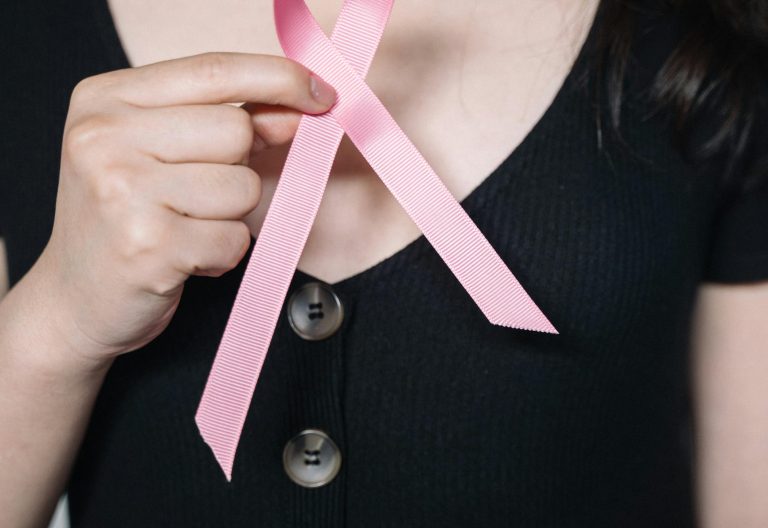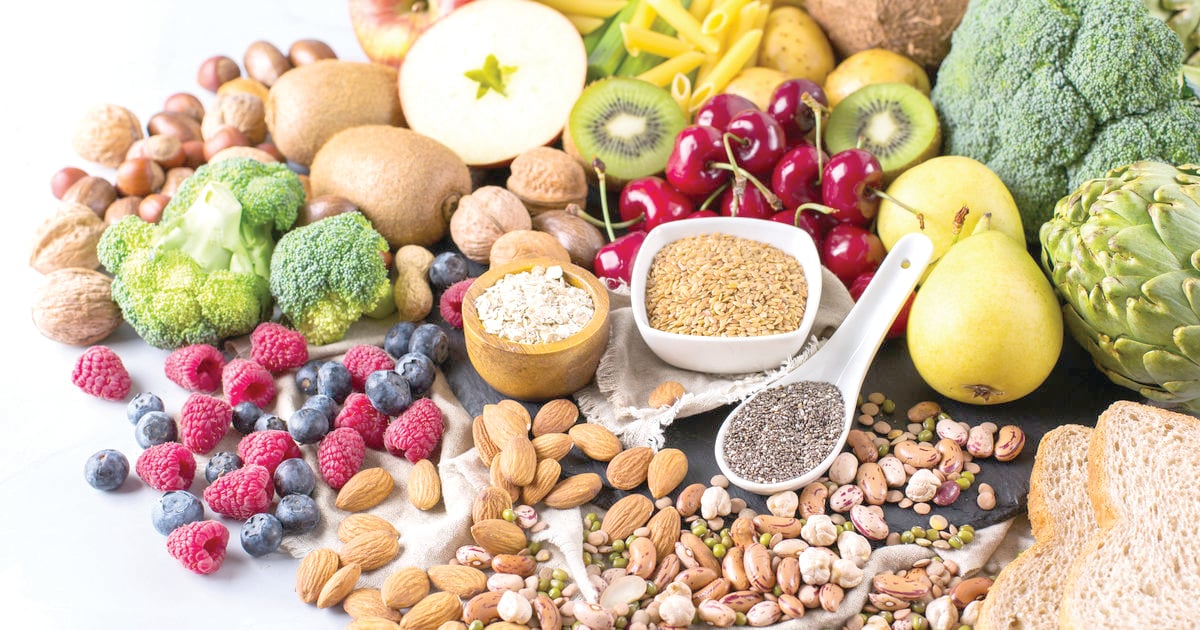Remaining sober post break-up

Stabbing a partner after an affair? Having a catfight with your man’s lover? Or even slashing your man’s car tyres? These are common scenes we witness after a love gone sour. But experts argue it is possible to be at an even better place armed with the lessons learnt in the tanked relationship.
Nailantei Norari @artnorari
Heartbreaks are hard. Neurologists who have done Magnetic resonance Imaging (MRIs) and brain scans say amorous attachments activate the same brain areas that are activated by the taking of hard drugs such as cocaine.
Heartbreak similarly activates the same brain areas activated by drug withdrawals.
Psychologist Guy Winch, in his book, How To Fix a Broken Heart explores how heartbreak can make people break character as evidenced by the many crimes resulting from love triangles and unrequited love.
Heartbreaks can make someone act erratic much like someone withdrawing from hard drugs.
It is not uncommon to hear that a fairly docile partner stabbed their partner when they caught them cheating, or that a mpango wa kando slashed the sponsor’s car tyres after being ditched.
At times, the punishments are more creative as seen on social media where heartbroken exes talk of knowingly infecting the offending partners with sexually transmitted diseases.
Recently, a prominent lawyer and his business partner engaged in a mudfest on Twitter, airing each other’s dirty laundry.
The woman exposed the lawyer as a notorious womaniser, while he accused her of living beyond her means and issuing bouncing cheques.
While it is obvious the two were business partners, Netizens reckon that there was more than meets the eye and it could be a case of love gone sour.
Errant behaviour
“In most relationships, partners conflict because of power and control, closeness, care, respect and recognition.
If one’s personal needs are not being met by the partner, it can lead to frustration, which can be manifested in the form of either internal or external aggression.
In every relationship, we have two partners; one is the maximiser who often explodes and the other is a minimiser who normally implodes.
A cycle of frustrations leads to depression, which is spotted through change of behaviour like outbursts of anger, withdrawal from others, anxiety or even outbursts of violence,” Annabell Gichure a lead psychologist and transformation coach explains the genesis of seemingly out of character post break-up behaviour.
While it is common to entertain vengeful thoughts during a break-up and want to hurt the offending partner almost as much as they hurt you, it is important to resist this urge and work hard towards achieving emotional equilibrium.
While the heartbreak and pain will wane over time, one will have to live with the consequences of the actions they took while they were hurting.
Annabell talks of the need for conscious break-ups in order to minimise acrimony and its effects on all involved, be it children or the immediate family members.
Conscious uncoupling
In her book, Conscious Uncoupling: 5 Steps to Living Happily Even After, Katharine Woodward concurs with Annabell and emphasises the importance of dealing with the heartbreak consciously to ensure one has a thriving and happy life afterwards.
While most people come out emotionally crippled and incapable or unwilling to love, Katharine makes a case for wrestling control back and getting back to a happy emotional baseline or an even better place armed with the lessons learnt in the tanked relationship.
It is hard to quantify emotional attachment such as heartbreak or love. This is the reason why people can act erratic whether coming out of a one-night stand or a 10-year relationship.
Heartbreaks like most traumatic events are not similar even in people under very similar circumstances.
Memories tend to be coloured by emotion, while timelines can very easily be blurred depending on the emotional intensity each of the lovers attaches to the event.
During a break-up, internal alarm bells go off, and we become flooded with fight-or-flight hormones that can render us unable to gauge consequences clearly.
Because of this, we are apt to act in impulsive ways, sometimes without conscience and in ways that could end up doing even more damage to ourselves and to others, Katharine explains in the book.
Coping mechanisms
In order to gain emotional equilibrium, one should take stock of what went wrong in the relationship, ensuring they take ownership for the role they played in co-creating the mess.
It is only after confronting and owning up to the vulnerabilities that opened you up for the heartbreak that one can deal with the pain and be ready to re-enter a relationship.
It is important to see the offender as a multidimensional human being and not just the villain, especially if one is to remain in contact with the partner as is the case when co-parenting.
It is also important to acknowledge the different feelings of pain and despair, but to ensure that one deals with them by dwelling on the knowledge that this pain will last as long as one wallows in it, Katharine further elaborates.
“In order to survive and not act on all the negative urges, the heartbroken party should set new norms and practice positive cognitive techniques such as engaging in activities that bring pleasure.
Tame your mental monsters, remember that things are only as bad as you think they are. Do not aggrandise the hurt.
Engage yourself in a daily pep talk talking up your self-esteem or any other personal spaces that might have been affected by the break-up.
If you feel as if the negativity is too much, talk to friends and family or seek help from a professional psychologist.
Remember that it takes work to turn your pain into purpose, but that it is doable, even when it is hard,” Annabell concludes.












